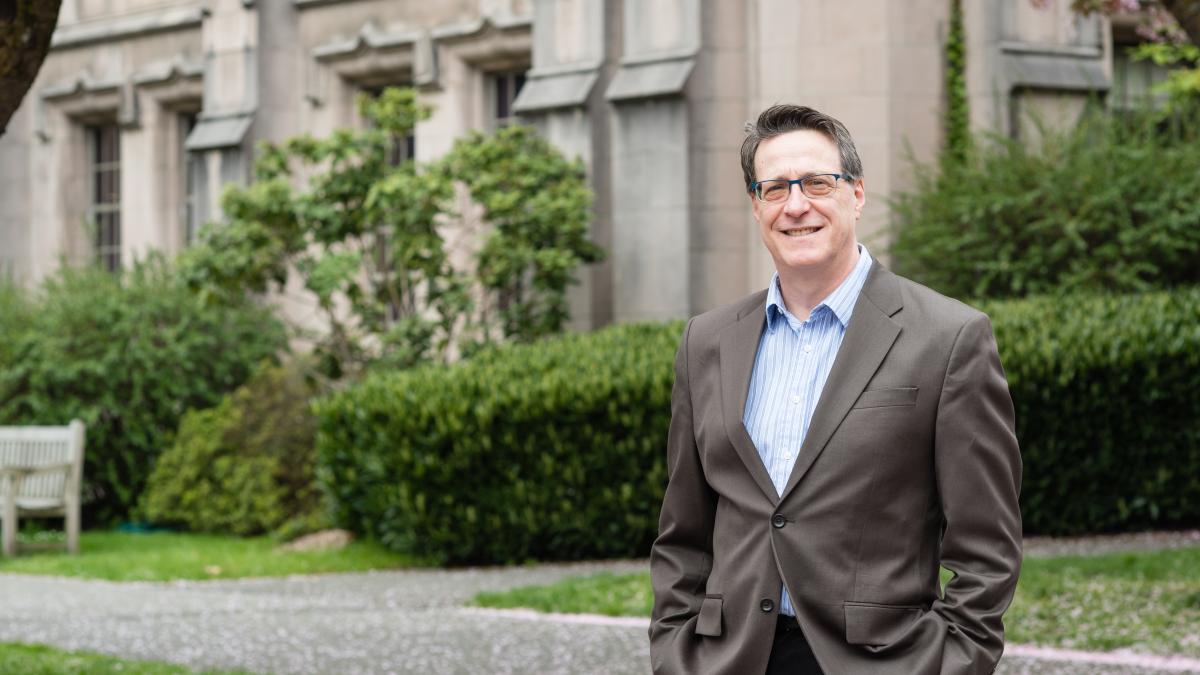
As the newly named editor-in-chief of Environmental Health Perspectives, Dr. Joel Kaufman will provide strategic leadership to the journal while continuing his roles as professor, researcher and physician at the University of Washington. Photo: Elizar Mercado.
Dr. Joel Kaufman steps into new role with Environmental Health Perspectives while continuing his research, teaching and medical practice at the University of Washington
As a physician with a passion for science, social justice and patient care, Dr. Joel Kaufman gravitated to public health from his earliest days as a college student pursuing BA and MD degrees in a combined six-year program.
Kaufman’s multiple titles at the University of Washington reflect his wide range of interests: professor of environmental and occupational health sciences, epidemiology and general internal medicine and former interim dean of the School of Public Health.
Now, Kaufman will add one more title. He is the newly named editor-in-chief of one of the leading environmental health journals, Environmental Health Perspectives, published by the National Institute of Environmental Health Sciences.
We asked Kaufman about how he balances his work to improve health at both the individual and population levels, his plans for the journal and his internationally known research on air pollution and cardiovascular disease.
What do you find exciting about your new role with Environmental Health Perspectives (EHP), and what do you hope to accomplish as editor-in-chief?
My vision for the journal is simple: EHP is, and should remain, the premier international scholarly journal of the environmental health sciences. Leading a journal provides the chance to highlight the most interesting and important findings from each scientific discipline in this field. I look forward to enhancing the peer review process at the publication and bringing early-career investigators into its pages.
You have published more than 200 research papers and review articles on environmental health issues. How did you become interested in environmental and occupational health?
So much of what determines health is the environment where we live, work and play. The impact of the environment on our health is really dictated by the decisions we make as communities and society. I started to understand this connection in college, learning about the relationship between health and poverty. I then became interested in the role of social movements in empowering people to improve their lives and health. This helped direct my interest in health research that can empower communities to make informed decisions about how to improve health and safety.
In addition to leading public health research, you also treat patients. How does working with individual patients inform your research activities?
Being a physician is an important part of who I am. I continually learn from my patients.
What is one thing you wish more people understood about the effects of air pollution on our health?
We’ve made tremendous strides in reducing air pollution exposures through regulations and the agencies that uphold them. Things are much better than they were 40 years ago. But there’s still room for improvement. And we need to be careful not to turn back these advances.

